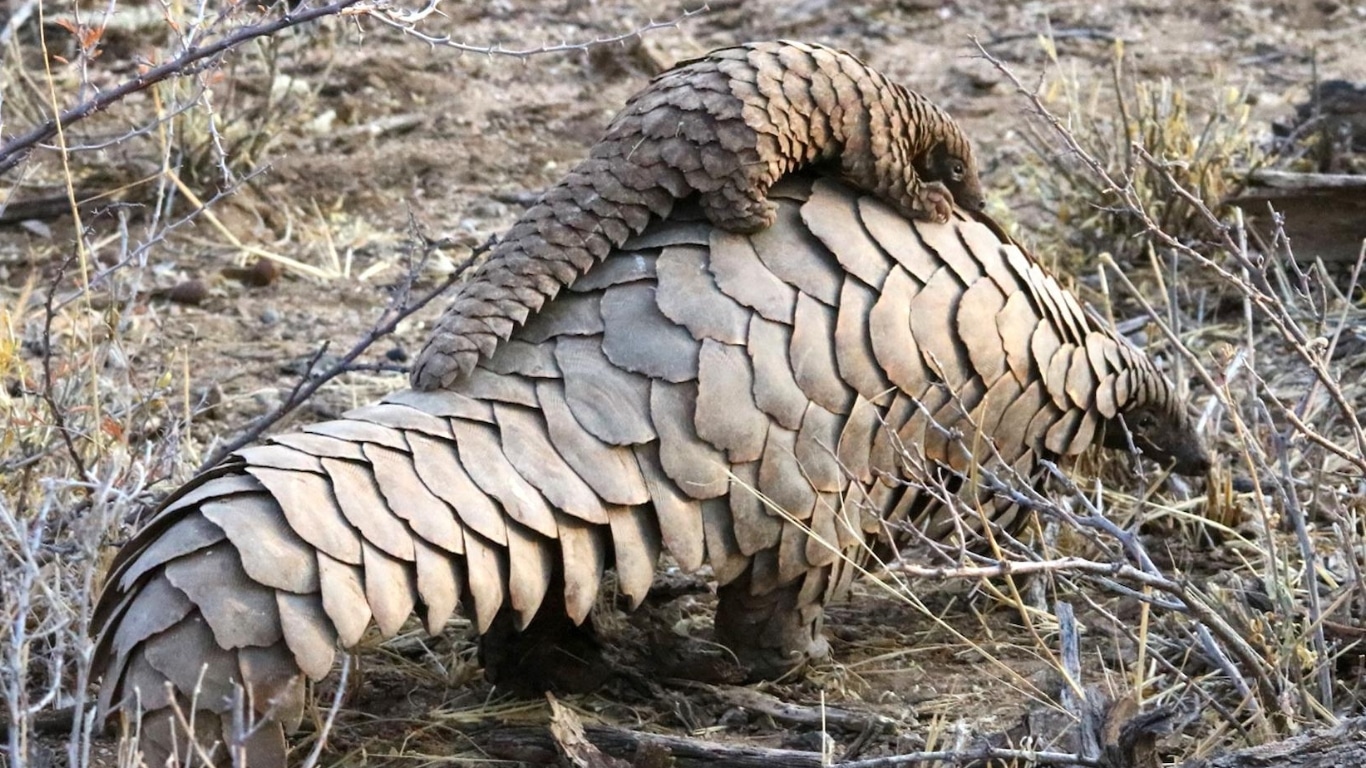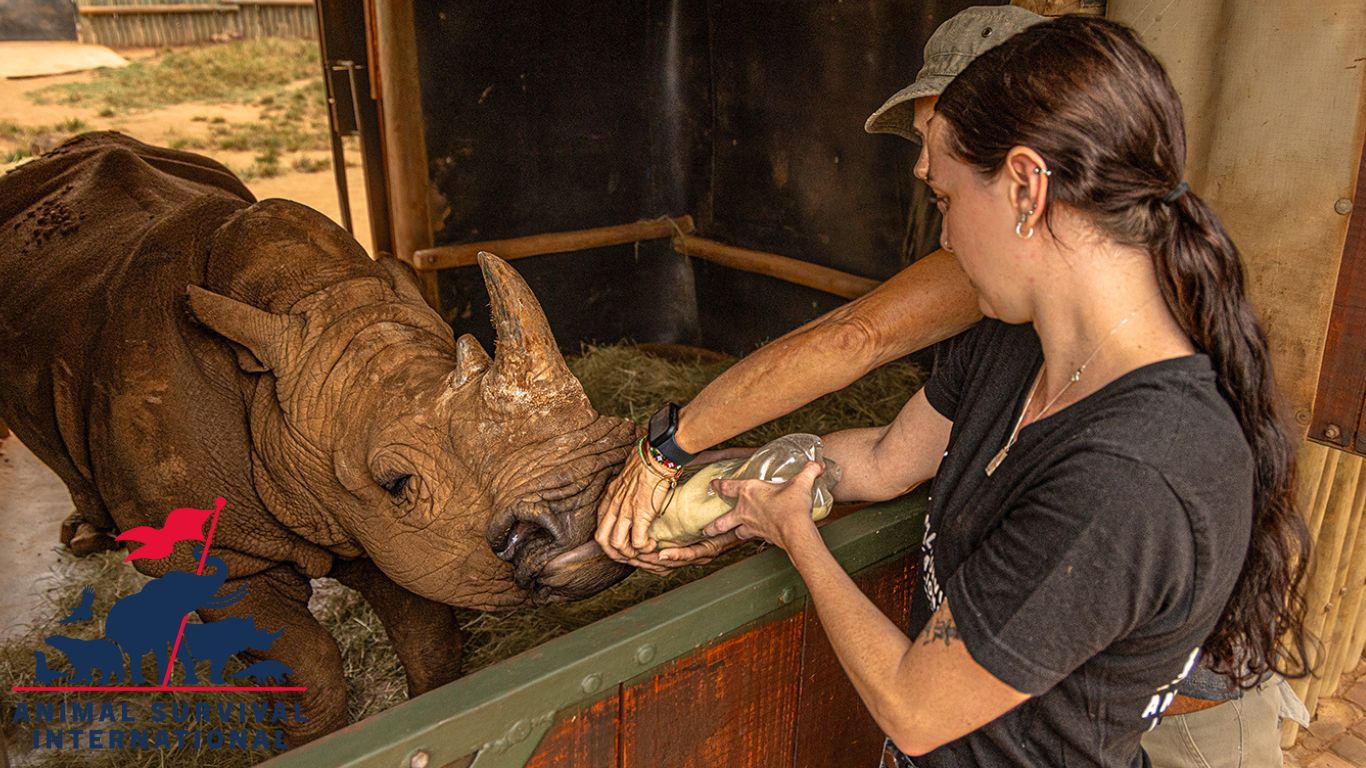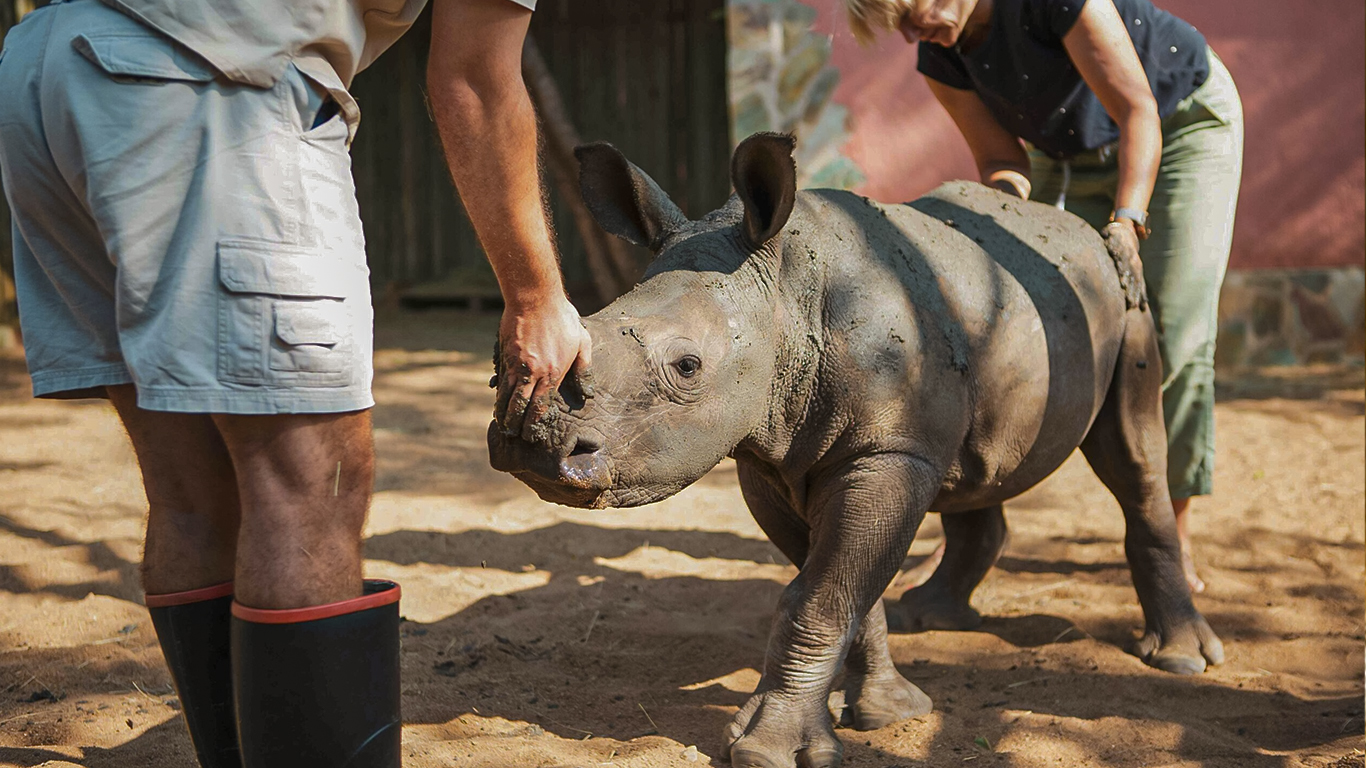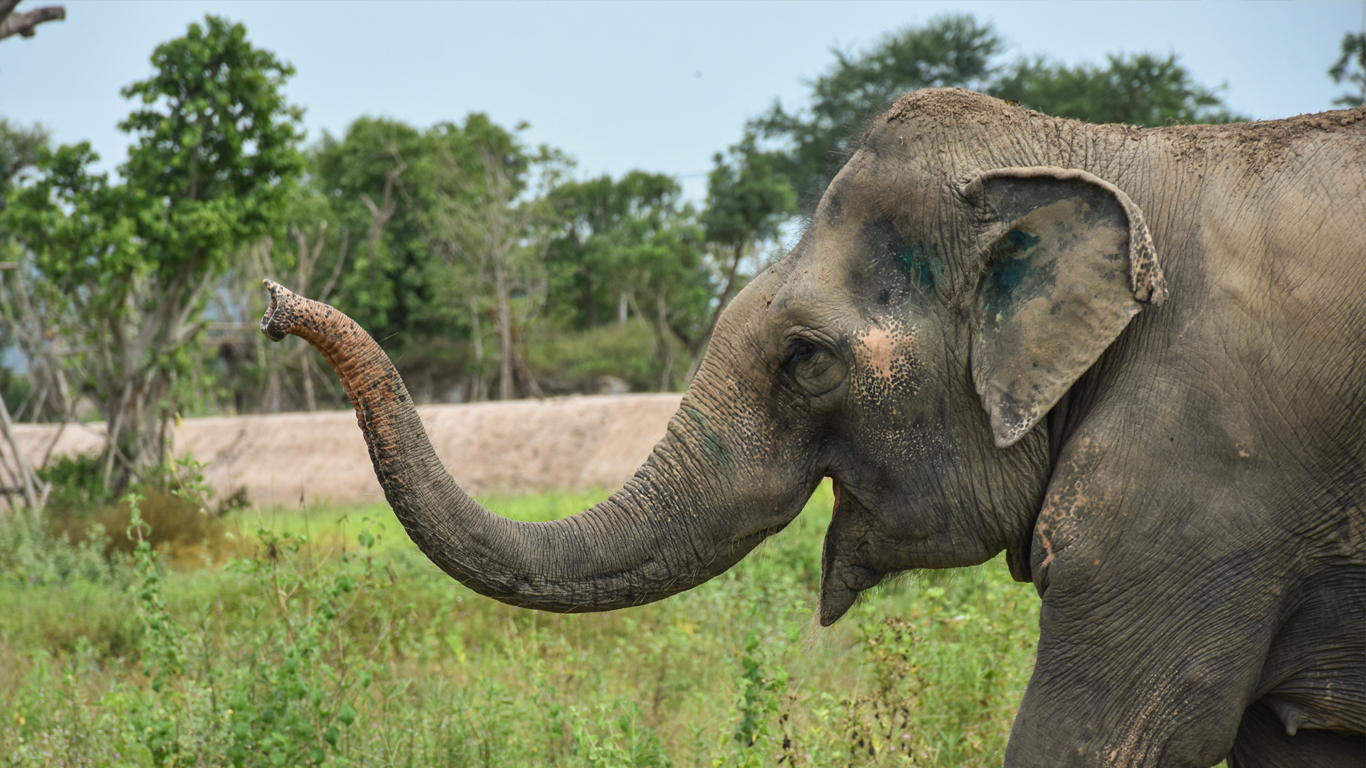A new study by scientists at the Luxembourg National Museum of Natural History has revealed that two million species are currently at risk of extinction – double the number previously estimated by the United Nations. The shock finding underscores the importance of our work for animals on the brink and our commitment to preserve every life we can.
It is imperative we consider our impact on the planet as humans and consumers and ways to live more sustainably. In fact, this month, we told you that even biodegradable plastic is harmful to fish populations (read about it here). If you care about the planet – and we know as a supporter of ASI, you do – it is more important than ever to do everything in your power to help protect its precious animals and ecosystems.
Here is how our supporters’ donations helped wild animals in November
Southern Africa, Mpumalanga 
Protecting pangolins from deadly electric fence collisions
In South Africa, electric fencing is used to safeguard vulnerable species from poachers and also to help prevent the spread of disease among species. However, these fences pose a deadly threat to pangolins, killing up to 2,000 of them annually as pangolins unwittingly collide with them while foraging and traversing their habitat.
There is a simple solution – and through our supporters’ donations in November, we will be able to implement it: erecting barrier fences in front of the electrified fences, and thus preventing pangolins and other animals from coming into contact with the live wires. We will keep you updated on the progress of the project, which is being rolled out at a private reserve in Mpumalanga.

Southern Africa, Hoedspruit 
Providing long-term medical care to an African elephant bull
Fishan, an African elephant bull, had endured unimaginable horror and hardship in his 35-year life – and his latest challenge was a fractured leg. Having survived violent human conflict and being orphaned, we knew we had to do everything we could to help him overcome this latest hurdle.
Fishan requires regular anti-inflammatories and pain management medication, as well as regular wound cleaning – things that are critical to his comfort but expensive to provide. Your kind support for this determined bull means that we will be able to help cover the costs of these and give Fishan the quality of life he deserves at his lifelong home, Hoedspruit Elephant Rehabilitation and Development (HERD).

Southern Africa, Limpopo 
Helping construct larger enclosures for big cats freed from breeding facility
A cruel zoo and big-cat breeding facility in South Africa was shut down, and our partner Lions Foundation reached out to us for help: they had saved the 70 animals who lived there but urgently needed to enlarge their existing enclosures to help give the animals the space and quality of life they deserved after their ordeals.
We reached out to you because we know we can always count on you to be there for wild animals – especially those who have suffered badly at the hands of humans. Your support for these lions, leopards, caracals and other animals poured in, and thanks to you, we can help our partner begin to build suitable enclosures for the animals.

Southern Africa, Tazneen 
Helping pangolins targeted by the brutal wildlife trade
Our partners regularly alert us to cases of horrific wildlife cruelty in Africa, and last month, we knew we had to reach out to you after three particularly heinous cases involving pangolins. One was covered in burn wounds after being transported in a car engine by poachers. Another had been dumped in a filthy pit toilet… yet another – who had been pregnant – had been snatched from the wild by thoughtless students and kept imprisoned for “educational” purposes.
Our partner MUST be primed to act and treat animals fast, and it is of utmost importance that we equip them to do so. Your support has enabled us to do this by providing Umoya Khulula with funds to provide specialized veterinary treatment and rehabilitation to the rescued pangolins in their care, as well as emergency cases that come in. Thank you for caring for the planet’s most trafficked mammal.

Follow us on social for these stories and more…
Orphaned elephant calves in South Africa are receiving vital nutrition, thanks to you! Read more.

SUCCESS! Elephant relocation fundraising goal reached in Eswatini, Southern Africa! Read more.

Have you ever heard a lemur sing? Listen here!
Spending time in South Africa? Here’s an important notice about caracals this holiday season. Read more.

Spotted! Have you ever seen a… spotted zebra? Just take a look at this unique beauty!

WATCH: Baby rhino tries to protect his mom while she receives routine veterinary care.
From the News Desk
At ASI, we strive to stay abreast of the latest wildlife conservation news so we can keep you informed on the most critical issues surrounding animals today.
City of Cape Town taken to court over proposed road that threatens endangered toads. Read more.
More than a quarter of newly approved oil and gas blocks fall in marine protected areas. Read more.
Dominica creates world’s first marine protected area for sperm whales. Read more.
Kenyans get tree-planting holiday to plant 100 million seedlings. Read more.




Read all our latest news here.
Our work for wildlife in crisis depends entirely on your support – thank you for being a caring custodian of our planet.
Saving animals and the planet,
Campaign Director
Animal Survival International
Banner credit: HERD News Item Credits: Image 1: ASI, Image 2, 3, 5, 6, 7, 8: Pexels, Image 4: AFP.












